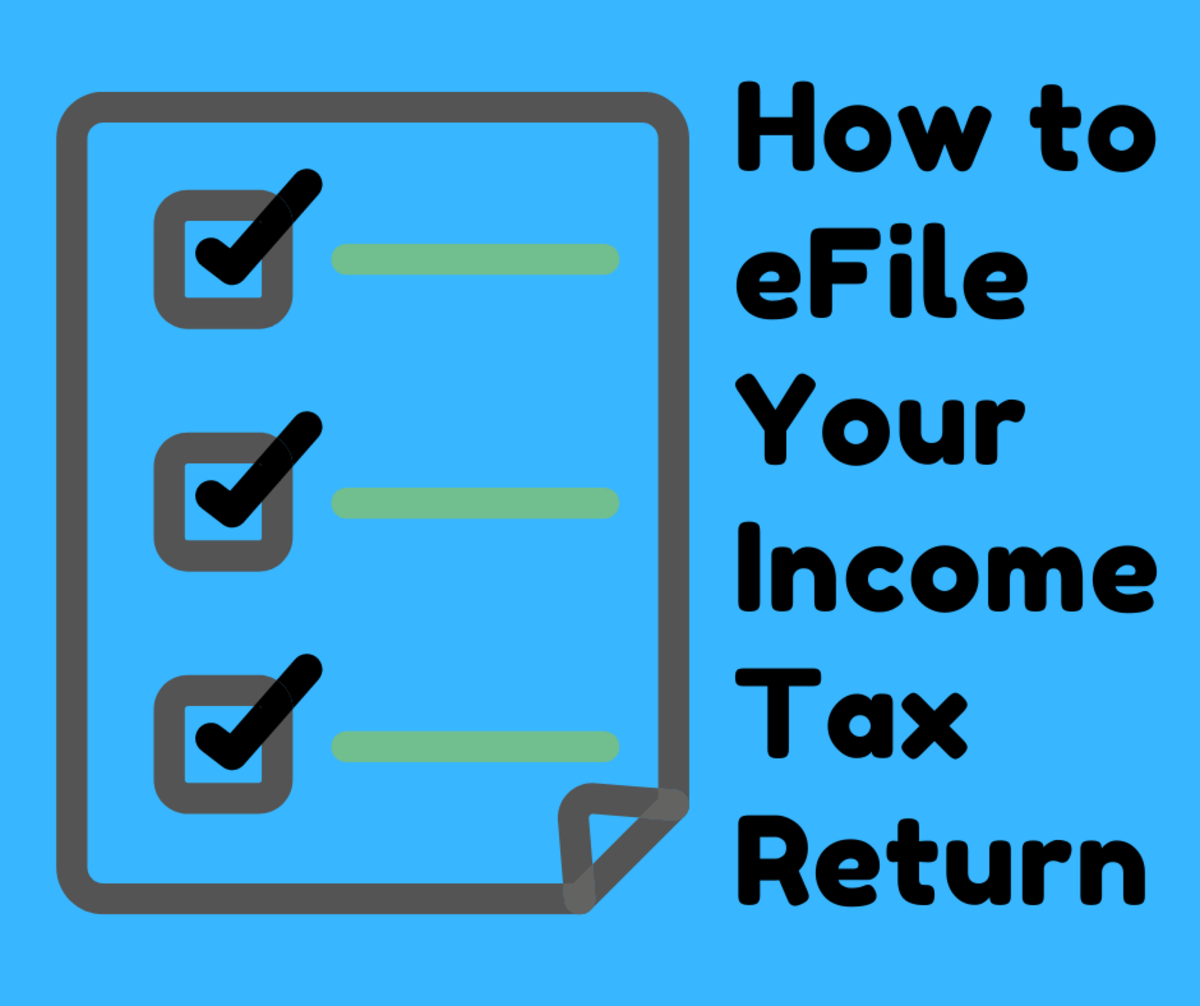How to Understand the Municipal Bond Market

Municipal Bonds 101
The bond market is the largest public securities market in the world, and substantially larger than the stock market. When investors allocate assets in their investment portfolios, often times those in higher tax brackets will opt to utilize municipal securities for the added tax benefits.
What are municipal bonds…A muni bond is like any other bond or fixed income investment is a debt instrument. You as the investor loan your money to the issuer for a stated period of time at a specific interest rate. The single biggest difference with the muni market is the potential for tax free income. A municipal bond is generally issued as a debt instrument versus a State, City, County or Local Municipality. The assets collected are used to finance things such as schools, highways, bridges, and various other projects that require funding. They may also be financing the general budget of a municipality.
Generally speaking income derived from a municipal bond is free from Federal income taxes. If the bond was issued by a municipality in the state you reside in for income tax purposes, it will typically be exempt from State income tax as well, should you live in a State that assesses an income tax. If you reside in a state that does not levy an income tax, the Federal exemption on the income applies regardless of which state you purchases the issue from.
General Obligation vs Revenue Bonds
Muni bonds break down into two broad categories with many sub categories. The first of which is the general obligation bond, which is exactly what it states. The issue is not financed by any single project of the municipality. Rather it is funded by the full faith and credit of the municipality and its ability to meet its obligations.
The revenue bond is a bit different. In general they are subject to the ability of a specific project or a specific agency of the municipality. For example should you purchase a bond that was designed to cover the financing of a new bridge to cross the Hudson River and the bridge collapsed, the ability for you to redeem your funds will potentially be in jeopardy. However under such a circumstance the state or city may still be in excellent fiscal condition with no impairment to its ability to repay its debt obligations. For this reason revenue bonds are typically viewed as carrying more risk, which in turn can carry more of an income.
In cases of municipal bonds, there can be other avenues of added protection that you may want when buying an issue. One such feature is insurance. Unlike the Federal Gov’t, a municipality cannot simply create more money when there is a budget shortfall. It is certainly not impossible for a local municipality to go bankrupt. While this is a fairly rare occurrence, it has happened. The bond issuer can issue these debt instruments with an added layer of insurance against a default by a private insurer. There are a relatively small number of companies that specialize in this type of insurance. It should be noted that a bankruptcy in a local municipality does not meet the same definition of an individual bankruptcy and does not usually mean a total loss to the investor. Rather in such instances, the schedule of interest and principal payments may be renegotiated along with the issues duration. Typically a municipality would have to file under the chapter 9 bankruptcy rules.
Another aspect to consider when buying a muni bond is a sinking fund protection. A sinking fund is a separate pool of dollars that are set aside for the purpose of the municipality to retire its debt. This can provide an added layer of protection against the possibility of default.
There are some added tax concerns that too few often realize. In some instances when a revenue bond is purchased, if the bond is issued for certain types of projects that are not considered to be issued for public purposes such as the financing of a new football stadium, the interest may be an added liability in the dreaded Alternative Minimum Tax calculation. When buying the bond, you can inquire about this in advance as to whether or not he bond will be exempted from AMT.
Unlike US treasury issues, most muni bonds typically have what is known as callable feature. This permits the issuer to retire the debt sooner than expected and return to you your principal at specific points in time if it is favorable for the issuer. This can alter your expected return from what you originally anticipated. When buying a muni bond it is important to obtain two seperate quotes. One is yield to maturity, which indicates a rate of return should the bond be held the full duration. The other is yield to call, which indicated a potential return if the issue is retired early.
The bond market in general is a large and fairly complex investment arena with many twists and turns. You need to be keenly aware of the potential markups by your broker dealer as well as issues trading with accrued interest in the secondary market. You should understand whether or not you are buying an issue at a premium or a discount. The municipal market can be a bit more complex in terms of its liquidity risks as well as potential tax implications. In general the average investor is much more likely suited to be using active fund managers and or ETF securities to participate in the fixed income markets. Please see our previous article on Bond vs Bond Funds to further explain… http://landmarkwealth.hubpages.com/hub/Bonds-or-Bond-Funds
However should you choose to buy individual muni bonds as a solution for the fixed income portion of your portfolio, hopefully this can provide you with some general information as to what questions may be prudent to ask.
Suggested Reading
- Annuities: What You Need To Know
What is an annuity ??? Annuities can generally be summarized as two basic types of insurance contracts. They are either immediate or deferred annuities. Over the years these two types of contracts have been expanded to encompass many different... - Passive vs Active Management…The Case for ETF’s
There has been an ongoing debate for decades about the benefits of actively managed mutual funds versus their passive counterparts. Those counterparts would be the exchange traded fund market (ETF’s) as well as traditional index funds. Those in... - Small Business Retirement Plan Options
Those investors who are self employed understand more than anyone the importance of a return on your investments. Yet part of the reason many of us may be encouraged to pursue the path of self-employment is due to the potential tax benefits. While... - The Risks of Inverse and Leveraged ETF's: A Word of ...
In recent years there has been a rapid expansion of the ETF market as a solution to provide clients with low cost solutions that can provide a great deal of liquidity and transparency. As the ETF market place has grown, it has reinvented itself in... - Should I Collect Social Security Early ???
When the opportunity presents itself to collect Social Security benefits early, there are often numerous factors to consider. The definition of early is typically age 62. The most common answer is… yes you should. However, not always since as with... - Annuities: What You Need To Know
What is an annuity ??? Annuities can generally be summarized as two basic types of insurance contracts. They are either immediate or deferred annuities. Over the years these two types of contracts have been expanded to encompass many different... - Tax Efficient Investing
There are many misconceptions when it comes to building a tax efficient investment portfolio. When investing ouside of a tax sheltered retirement account, tax efficient investing is not exclusively about what types of investments you purchase but... - Long Term Disability: Important Aspects
Many of us do not always recognize the potential danger of becoming permanently disabled. The U.S. Census says that you have about a 1 out of 5 chance of becoming disabled for at least a period of time. The average duration for a long term... - Passive vs Active Management…The Case for ETF’s
There has been an ongoing debate for decades about the benefits of actively managed mutual funds versus their passive counterparts. Those counterparts would be the exchange traded fund market (ETF’s) as well as traditional index funds. Those in... - Small Business Retirement Plan Options
Those investors who are self employed understand more than anyone the importance of a return on your investments. Yet part of the reason many of us may be encouraged to pursue the path of self-employment is due to the potential tax benefits. While... - Should I Pay off My Mortgage Early ???
For many Americans, the ability to pay down their mortgage sooner is simply not realistic. However in some cases it is quite possible. The Question of whether or not you should accelerate mortgage payments or use liquid cash to eliminate the... - The Risks of Inverse and Leveraged ETF's: A Word of ...
In recent years there has been a rapid expansion of the ETF market as a solution to provide clients with low cost solutions that can provide a great deal of liquidity and transparency. As the ETF market place has grown, it has reinvented itself in... - Should I Collect Social Security Early ???
When the opportunity presents itself to collect Social Security benefits early, there are often numerous factors to consider. The definition of early is typically age 62. The most common answer is… yes you should. However, not always since as with... - Bonds vs Bond Funds ???
While over the years the community of investment professionals nearly universally agree that most every client should own some form and percentage of fixed income as part of their asset allocation strategy…Over the years there has been an ongoing... - The Impact of Retirement Distributions in Volatile M...
Over the last fifteen years in the financial planning field, the most commonly expressed concern I have heard from a retiree/pending retiree has been…Will I run out of money ??? When examining this question there are many variables to be concerned...







